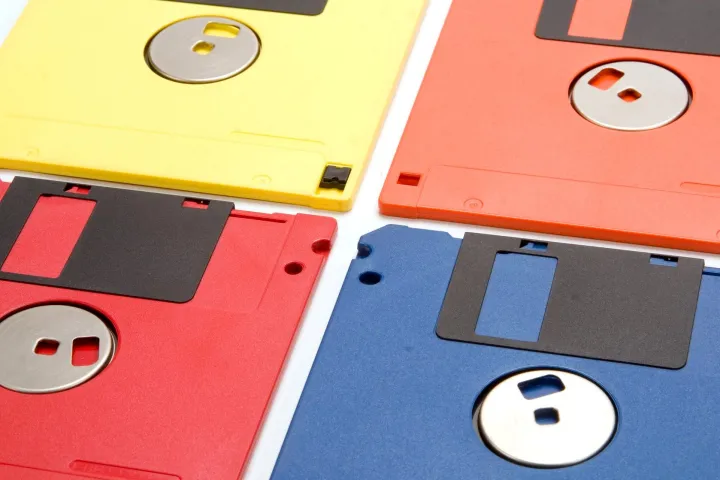
Japan’s Digital Minister Taro Kono announced late last month that he had successfully scrapped 1,034 government regulations that required the use of floppy disks. According to Reuters, Kono described the achievement as winning “the war on floppy disks” — though there is apparently one regulation left that still requires their usage.
At a time when younger readers may have never seen or heard of a floppy disk, it seems truly insane that the world’s fourth-largest economy still relied on them in over 1,000 different situations. But this has been a long journey for Kono and Japan, which announced its intentions to rid the government of floppy disks in 2022.
The Japanese government’s attitude toward technology has been famously old school in the past. In 2018, the cybersecurity minister made the news when he admitted he had never used a computer before. Thankfully, Kono seems to be taking his job a bit more seriously. He’s been very vocal about his plans to scrap floppy disks and also intends to combat other old tech like fax machines.
Despite its reputation as an innovator in technology, Japan is also known for its stuck-in-the-’80s bureaucracy, and as this news suggests, it’s no exaggeration.
For what it’s worth, when I was working in Japan just a few years ago, I had to fill in a paper timesheet and fax it to my employer. The damn thing took about four or five minutes to do its job and could fail at any point, so there was nothing to do but stand and wait. And the quality of the scan it took was just shocking — I don’t envy whoever had to try and decipher the mess that arrived on the other end.
To my colleagues, that was just the way things worked, but the government was forced to realize just how inefficient all the paper filing and floppy disks were during the pandemic. That’s when the Digital Agency was formed. Given the sheer number of non-digital bureaucratic processes in Japan, Kono really has his work cut out for them.
Then again, Japan isn’t the only government in the world that just recently ended its reliance on floppy disks. It was famously revealed back in 2014 that 8-inch floppy disks were still being used for storage in the U.S. Air Force nuclear silo.



